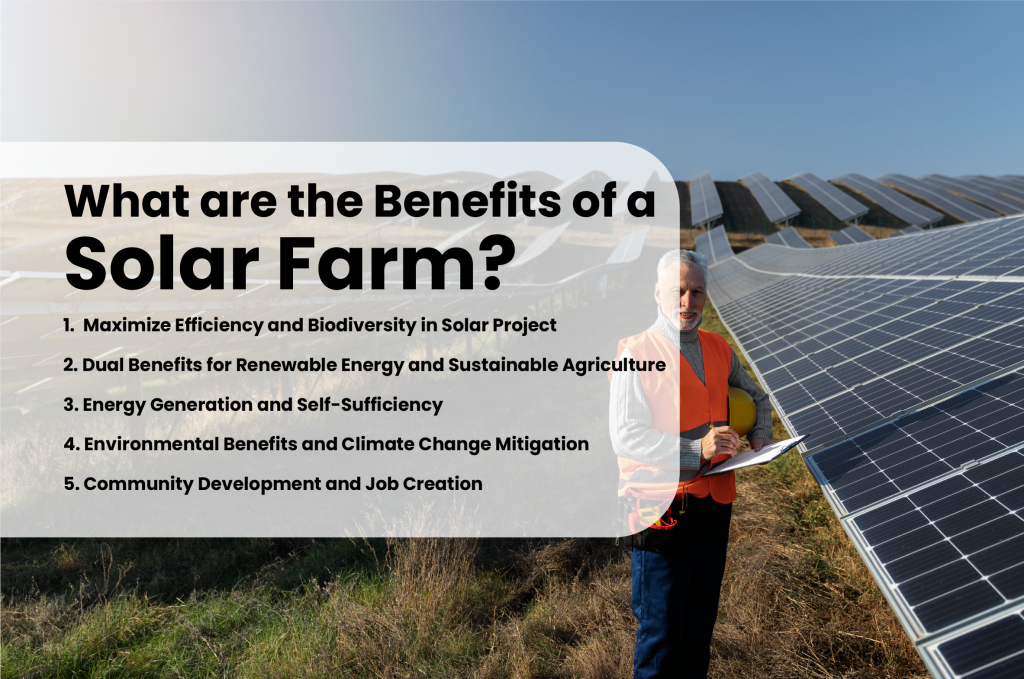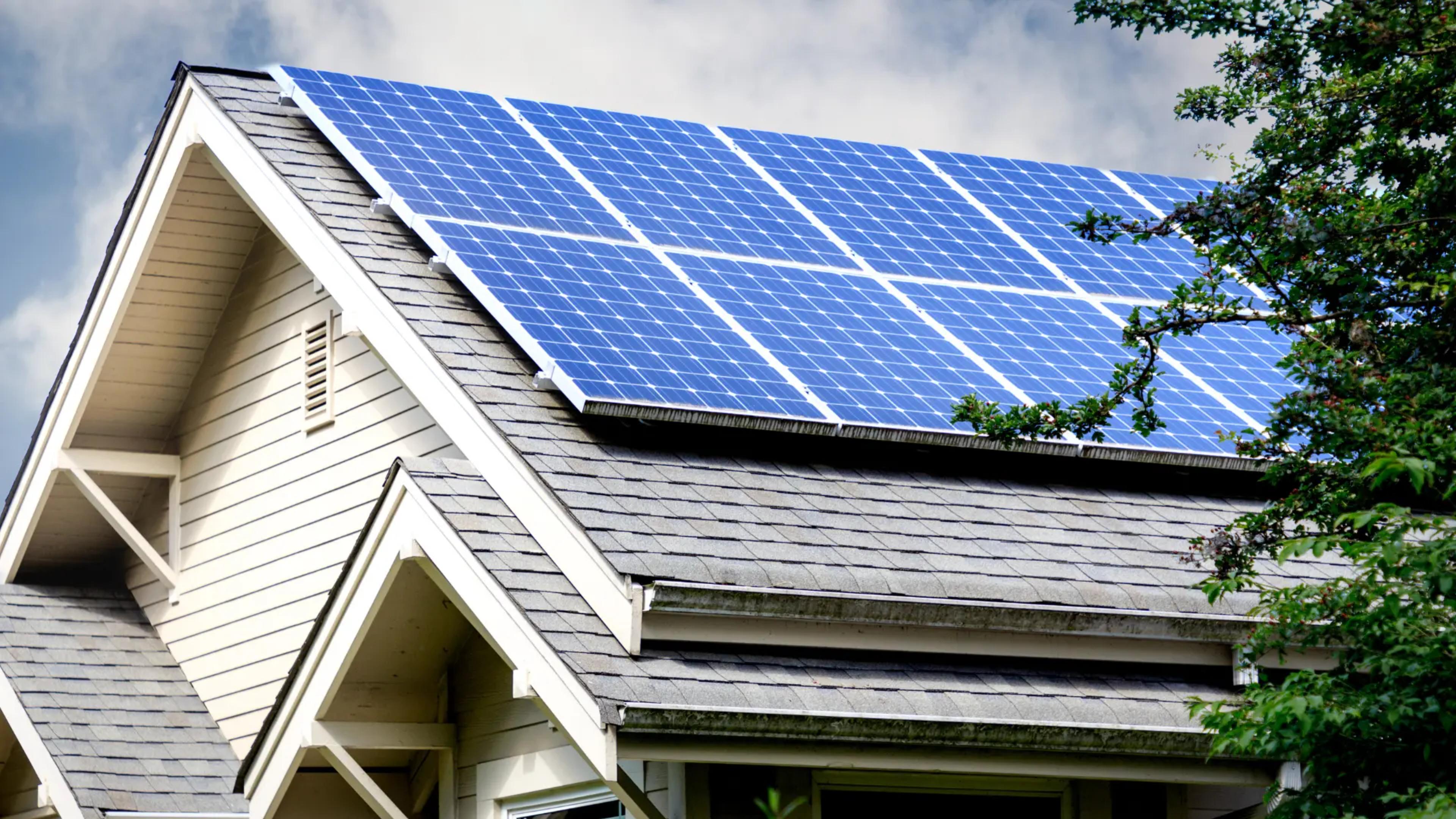Simply Solar Illinois: Comprehensive Solar Solutions for Sustainable Living
Wiki Article
Exactly How Solar Power Can Aid You Save Cash and Lower Your Carbon Footprint
The combination of solar energy right into your energy portfolio provides a compelling chance for both economic cost savings and environmental stewardship. By using the sun's power, home owners can dramatically decrease their monthly energy costs while additionally guarding against the unpredictability of future power prices. The change to solar contributes to a significant decline in carbon discharges, straightening individual financing with broader environmental goals. As numerous government incentives appear, the concern occurs: just how can one effectively navigate the first investments and continuous advantages of solar innovation to make best use of both economic and environmental gains?Recognizing Solar Power Financial Savings
While the shift to solar power typically includes an initial investment, understanding solar power cost savings is vital for house owners and services alike. Solar power systems can significantly minimize electricity expenses by using the sun's energy, converting right into significant long-term financial benefits.Furthermore, solar energy systems may get approved for numerous financial rewards, consisting of tax credit reports and rebates, additionally enhancing their cost-effectiveness. The schedule of net metering allows users to sell excess power back to the grid, developing an additional earnings stream. These aspects add to the total savings related to solar power.

In addition to route financial financial savings, solar power uses the added advantage of raising residential or commercial property worth. Houses furnished with photovoltaic panels are often much more attractive to buyers, as they promise reduced energy costs - Simply Solar Illinois. Comprehending these aspects is essential for any individual considering solar power, as it highlights not just the potential financial gains, but also the more comprehensive ecological and financial benefits of taking on renewable resource options
First Costs vs. Long-Term Perks
When examining solar power, it is vital to consider the initial expenses against the long-lasting benefits. The upfront financial investment for solar panels, installation, and related tools can be considerable, often varying from $15,000 to $30,000, depending upon the system size and home power needs. This preliminary expense may discourage some house owners; however, it is crucial to take into consideration the potential savings gradually.As soon as installed, solar power systems can significantly minimize or also remove regular monthly electrical power costs, bring about significant long-lasting economic advantages. Researches indicate that house owners can save anywhere from $10,000 to $30,000 over the life expectancy of their solar system, generally 25 years. Furthermore, several states provide incentives, tax obligation credits, and discounts that can balance out preliminary prices, making solar extra available.

Minimizing Your Carbon Footprint
Reducing your carbon footprint is a critical consideration in today's environmentally conscious culture, and adopting solar power is among the most reliable techniques to accomplish this useful source objective. Solar power is a tidy, renewable energy that substantially diminishes reliance on nonrenewable fuel sources, which are major factors to greenhouse gas discharges.
Moreover, the extensive adoption of solar technology urges the growth of green tasks and supports technologies in power storage and efficiency. The even more individuals and companies purchase solar energy, the better the collective decrease in carbon discharges, fostering a cleaner ambience for future generations.
Federal Government Motivations and Discounts
Taking on solar energy not just benefits the environment however can additionally result in substantial financial cost savings, specifically with the schedule of government rewards and refunds. Different federal, state, and local programs are created to encourage house owners and organizations to purchase solar power systems, making the shift a lot more economical.Among the most prominent incentives is the Federal Financial Investment Tax Obligation Credit (ITC), which permits solar system owners to subtract a substantial percent of the installment prices from their federal taxes. This incentive has been crucial in reducing the in advance expenses associated with solar power systems. In addition, numerous states use their very own tax credit ratings, gives, and rebates that can better enhance savings.
Furthermore, some city governments supply home tax exemptions for solar installations, making certain that homeowners do not deal with boosted real estate tax as a result of their renewable resource financial investments. Utility business might also offer incentives, including web metering and feed-in tariffs, which enable solar power customers to view website market excess power back to the grid.
Selecting the Right Solar System
Choosing the suitable solar system is crucial for taking full advantage of energy efficiency and economic benefits. The decision hinges on numerous elements, including energy needs, spending plan, and available area. Home owners must start by evaluating their electricity intake to determine the system dimension required for ideal performance.Following, consider the different kinds of solar modern technologies available. Simply Solar Illinois. Photovoltaic (PV) panels are the most typical, transforming sunlight directly right into power, while solar thermal systems concentrate on home heating water. Each type has unique benefits depending on private needs
Budget plan factors to consider are he has a good point likewise extremely important. Initial setup costs can vary considerably, so it is essential to compare quotes from numerous providers and explore financing options. Government incentives and discounts can further minimize the monetary concern, making planetary systems much more available.
Final Thought
The ecological benefits of solar energy add to sustainable techniques critical for combating climate change. Federal government rewards improve the feasibility of solar innovation fostering, encouraging a shift in the direction of a cleaner, extra economically reliable energy source.Report this wiki page